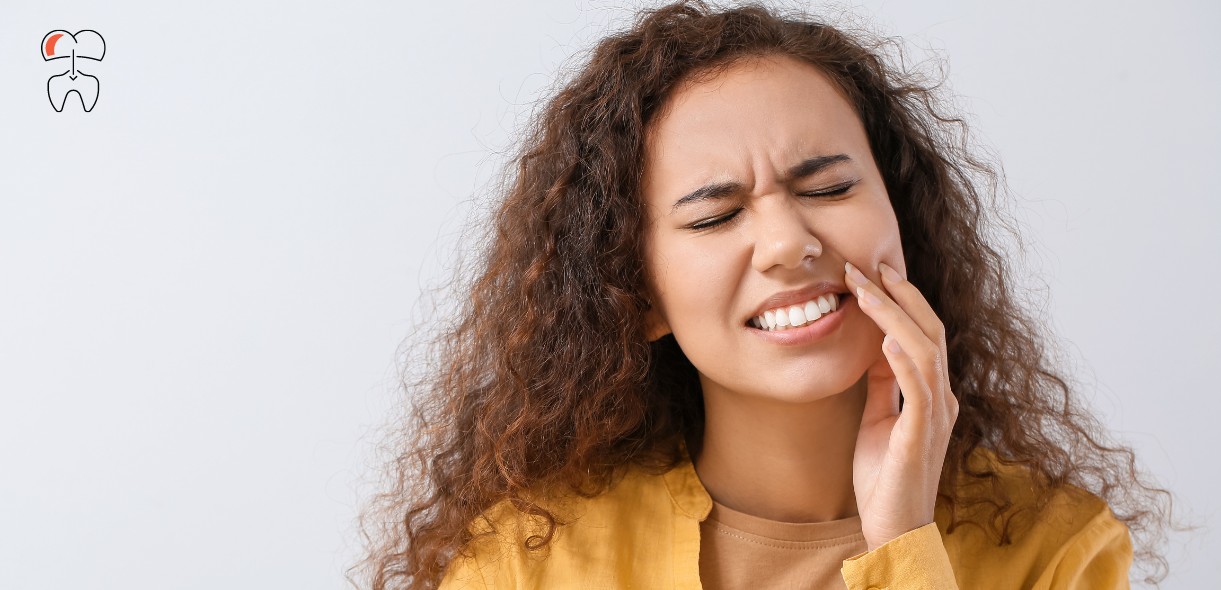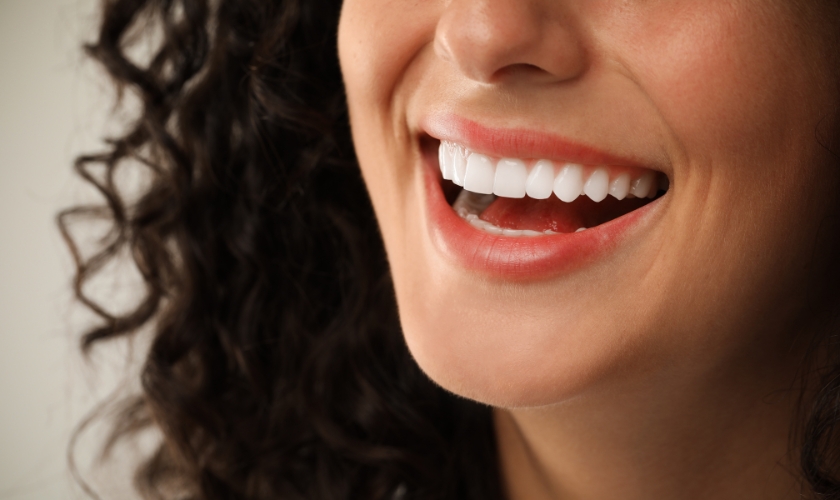What To Do If You Have Major Pain After Dental Veneers

Dental veneers are a popular cosmetic dentistry option to enhance the appearance of one’s smile. While the procedure is generally safe, some individuals may experience major pain afterward. In this blog, we will delve into understanding dental veneers, explore common causes of major pain, discuss preventive measures, and provide proactive steps to alleviate discomfort.
The aim is to provide you with insights to navigate the post-veneer experience comfortably and confidently. Let’s unravel the details of dental veneers and address any potential challenges that may arise.
Understanding Dental Veneers
Dental veneers, thin custom-made shells typically crafted from materials like porcelain or resin, serve as an effective cosmetic dentistry option to enhance your smile. These personalized shells are designed to cover the front surface of your teeth, addressing concerns such as discoloration, gaps, and misalignment.
When considering dental veneers, it’s essential to comprehend their fundamental role in transforming the appearance of your teeth. These shells, meticulously created to match your unique dental anatomy, offer a solution to various aesthetic issues.
As we delve into the nuances of dental veneers, we’ll explore their composition, application process, and potential benefits. This comprehensive understanding will serve as a foundation for addressing any concerns or challenges that may arise during or after the veneer placement, fostering a more informed and comfortable experience.
Common Causes of Major Pain After Dental Veneers
In the journey to achieve a brighter smile through dental veneers, understanding potential challenges is key to a successful experience. This section explores common causes of major pain associated with veneers, shedding light on factors like sensitivity, bite alignment, nerve irritation, and adhesive issues. By gaining insights into these aspects, you’ll be better equipped to navigate the post-veneer landscape, ensuring both the aesthetic enhancement and comfort of your smile.
Sensitivity Issues: Dental veneers, while enhancing your smile, may inadvertently lead to heightened tooth sensitivity. This is particularly true if the enamel undergoes slight removal during the preparation process. Essentially, the thinning of the enamel can make your teeth more sensitive to hot or cold stimuli, causing discomfort.
Poor Bite Alignment: Misaligned veneers can significantly impact your natural bite, resulting in major pain. This misalignment may lead to discomfort while performing everyday activities such as biting or chewing. Understanding how the alignment of veneers influences your bite is crucial in addressing and mitigating potential discomfort.
Nerve Irritation: In certain instances, the dental procedure itself may unintentionally irritate the nerves, leading to persistent pain. The intricate nature of the procedure can sometimes cause irritation to the nerves within the teeth, contributing to discomfort. Recognizing this aspect is essential in addressing and managing post-veneer pain.
Adhesive Issues: Problems with the adhesive used to attach the veneers can be a source of pain. If the bonding process is not executed properly, the veneers may cause irritation and discomfort. Understanding the role of adhesives in the attachment of veneers and the potential issues that may arise is crucial in addressing and preventing pain related to adhesive challenges.
Preventive Measures to Take
Thorough Consultation: Before opting for dental veneers, have a detailed consultation with your dentist. Discuss any concerns or pre-existing conditions that might contribute to pain.
Professional Evaluation: Ensure that your dentist conducts a thorough examination of your oral health to identify any potential issues before the veneer placement.
Proper Bite Analysis: A precise analysis of your bite is crucial to avoid post-veneer pain. Your dentist should ensure that the veneers align seamlessly with your natural bite.
Proactive Steps to Alleviate Pain
Desensitizing Toothpaste: Use desensitizing toothpaste to alleviate sensitivity. Your dentist may recommend a specific brand or type suitable for your condition.
Orthodontic Adjustment: If misalignment is the cause of your pain, your dentist may recommend orthodontic adjustments to correct the bite.
Topical Analgesics: Applying topical analgesics, as recommended by your dentist, can help soothe the affected area and provide temporary relief.
Follow-Up Appointments: Regular follow-up appointments with your dentist are crucial to address any issues promptly. They can make necessary adjustments and ensure the longevity of your dental veneers.
Dental veneers are designed to enhance your smile, but persistent pain could indicate underlying issues. For residents in Rocklin, CA, seeking the expertise of a dentist is essential in resolving any post-veneer discomfort. Schedule a consultation with a trusted dentist in Rocklin, CA, to evaluate the cause of your pain and determine the appropriate course of action for a more comfortable and enjoyable smile.




